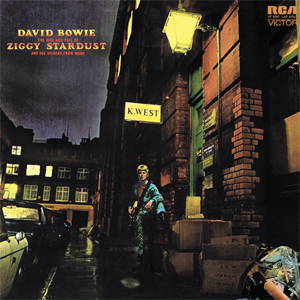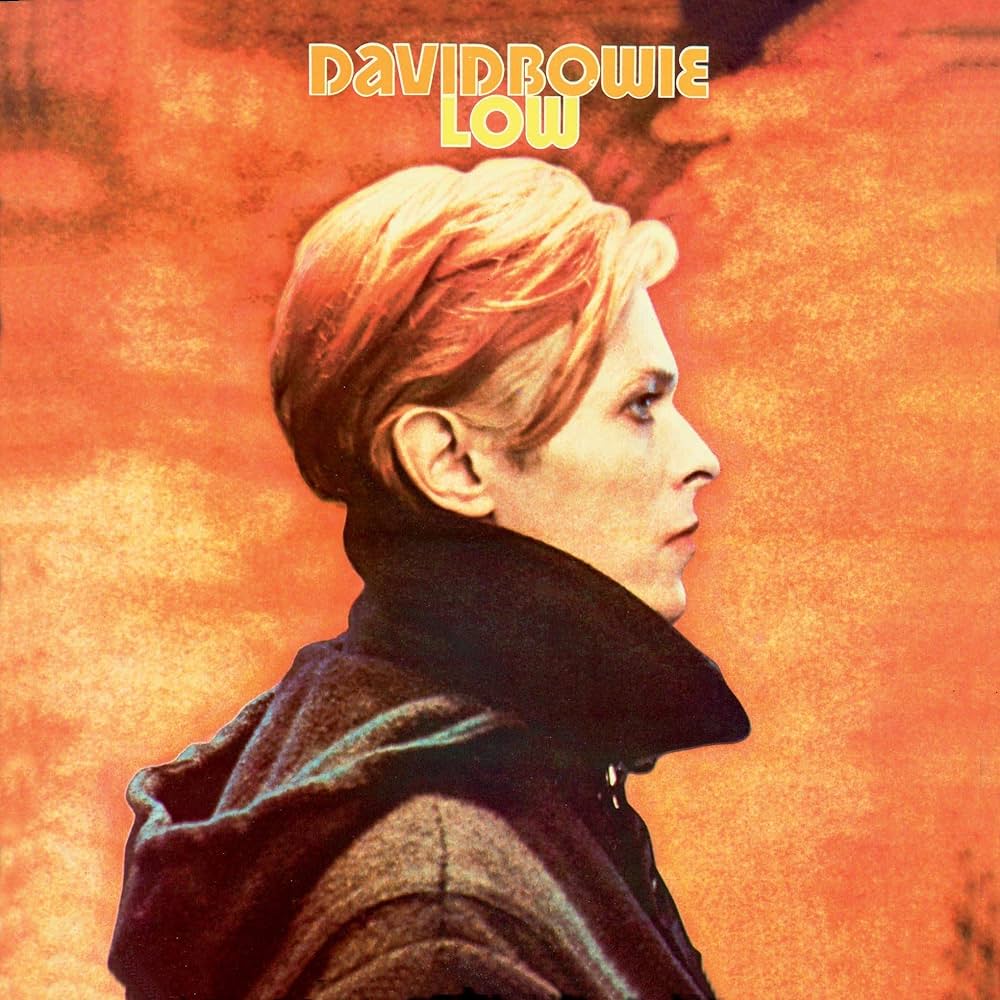David Bowie was more than just a rock star—he was a shapeshifting, genre-defying, and space-traveling alien who bent the rules of music and culture. Throughout his career, Bowie never stopped evolving, constantly reinventing his sound and image. His albums didn’t just influence fans, they reshaped the music industry itself. Let’s dive into some of the most influential albums of David Bowie’s stellar career, and see how they helped shape the course of modern music.

The Rise and Fall of Ziggy Stardust and the Spiders from Mars (1972)
This is the album that transformed David Bowie into a full-fledged rock god. Released in 1972, “Ziggy Stardust” wasn’t just music—it was a full-blown persona, a glam-rock alien sent to Earth to deliver salvation (and some killer riffs). Ziggy gave us tracks like “Starman” and “Suffragette City,” which would become anthems for outsiders everywhere. Bowie’s exploration of gender fluidity, fame, and alienation made this album a cultural turning point. It wasn’t just about music anymore—it was about creating a complete universe around it.


Heroes (1977)
Part of the Berlin Trilogy, “Heroes” stands out as a masterpiece of reinvention. During a time of political unrest, Bowie took a dive into electronic and avant-garde music, drawing inspiration from his time in Berlin. The title track, “Heroes,” became an anthem for resilience and courage, especially in divided Berlin. Bowie wasn’t afraid to push boundaries here—working with Brian Eno, he used ambient sounds, experimental song structures, and non-linear lyrics. This album not only shaped Bowie’s career but also influenced genres like post-punk and new wave.


Low (1977)
Another entry in the Berlin Trilogy, “Low” is one of Bowie’s most experimental works. Released just before “Heroes,” this album combined fragmented instrumentals and abstract songwriting. Bowie’s immersion into the krautrock scene in Berlin opened his mind to new musical possibilities. With tracks like “Sound and Vision” and “Warszawa,” Bowie mixed rock with ambient and electronic influences. This album wasn’t made for the radio—it was designed for artistic expression, proving that Bowie wasn’t afraid to alienate (pun intended) mainstream audiences for the sake of innovation.


Station to Station (1976)
Enter the Thin White Duke, Bowie’s next enigmatic character. “Station to Station” is a perfect blend of soul, funk, and krautrock, and marks the transition between his glam rock phase and his more experimental Berlin period. The title track stretches over 10 minutes of sonic experimentation, showing off Bowie’s ability to blur genre lines effortlessly. “Golden Years” gave him commercial success, but the entire album demonstrated that Bowie was more than just a glam rocker—he was an artist constantly pushing the boundaries of what rock music could be.


Blackstar (2016)
Released just two days before his death, “Blackstar” is Bowie’s swan song, an album that dealt with mortality, illness, and legacy. Bowie once again showed his ability to innovate by combining jazz, electronica, and experimental rock. Tracks like “Lazarus” gave eerie hints about his impending passing, making the album even more poignant. “Blackstar” wasn’t just influential because of its emotional weight—it proved that Bowie remained a trailblazer until the very end, leaving an indelible mark on the music world.


The Legacy of David Bowie
David Bowie didn’t just influence music; he shaped fashion, film, and even social attitudes. His ability to constantly reinvent himself—from the glam-rock Ziggy Stardust to the avant-garde Berlin years and his final artistic statement with “Blackstar”—has left an immeasurable impact on popular culture. His albums are more than just collections of songs; they are milestones that chart the evolution of music, art, and personal identity.
David Bowie’s influence continues to inspire musicians across genres, from rock and pop to electronic and hip-hop. Artists like Lady Gaga, Kanye West, and Radiohead have cited Bowie as a key influence, demonstrating the far-reaching effects of his innovation and creativity.
Conclusion
David Bowie’s most influential albums serve as musical landmarks in the ever-evolving landscape of pop culture. From the glam-rock revolution of “Ziggy Stardust” to the emotional depth of “Blackstar,” Bowie’s work remains timeless, always ahead of its time. As you revisit these groundbreaking albums, it’s clear why Bowie remains an irreplaceable figure in the history of music.
Sources:


